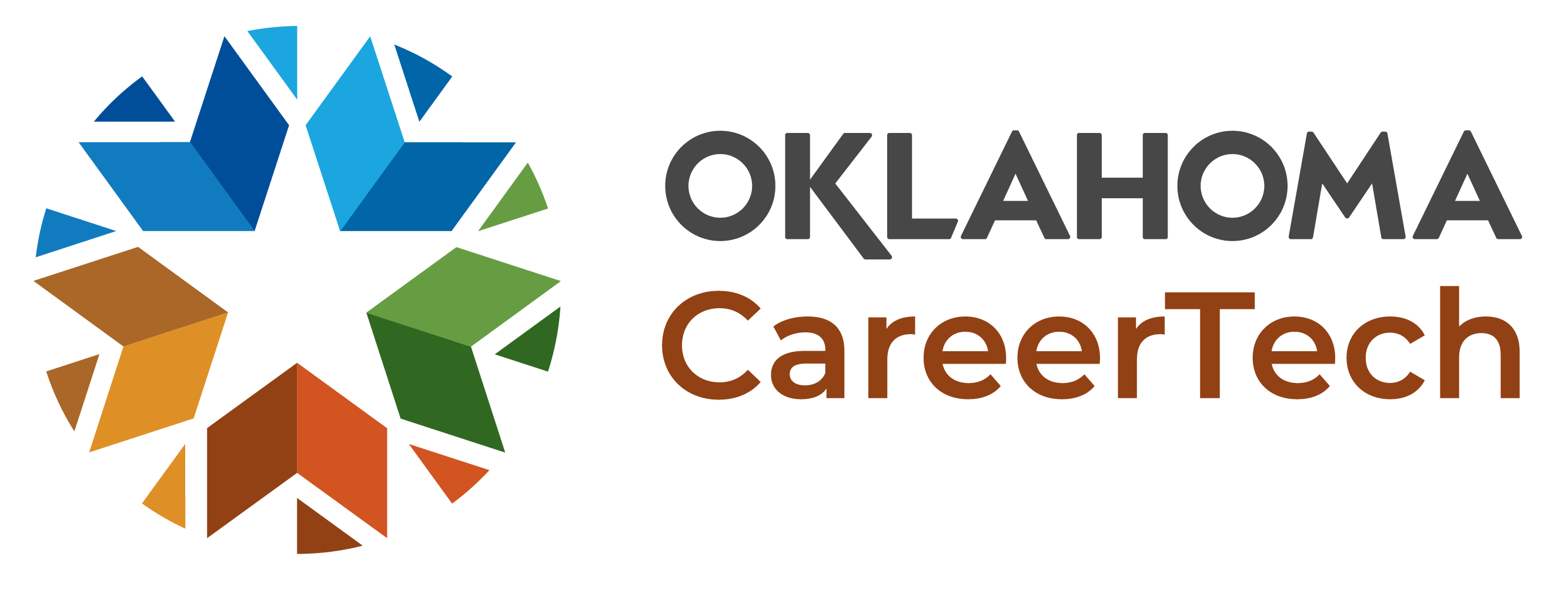By Lee Denney
Time to expand CareerTech programs
In recent weeks, media outlets across the nation have been touting the benefits of a CareerTech education, noting the need for skilled workers and curriculums that emphasize career readiness.
More lawmakers, policymakers and educators are coming to realize they should be creating more opportunities for students to take industry-specific courses, empowering them to explore their career interests and make informed career choices.
This is the goal and mission of Oklahoma CareerTech. We strive every day to provide students with skills demanded by the labor market in Oklahoma. Bringing innovation to Oklahoma classrooms is core to Oklahoma CareerTech’s mission to help students explore their interests.
While Oklahoma CareerTech provides technical training to nearly half a million students each year, more can be done to reach more students and meet the labor demands of Oklahoma businesses. We hope the state’s decision makers will make this a high priority during the state’s next legislative session, which begins Feb. 6.
Several Oklahoma industries – broadband, aerospace, health care, automotive and construction – are struggling amid a shortage of skilled workers.
Our goal is to integrate academic skills into a real-world context by providing career-oriented courses, internships, apprenticeships and in-school programs that promote work readiness.
The skills obtained in these programs equip students with immediately employable skills and valuable knowledge to build on as they enter the workforce.
The U.S. Department of Education found that eight years after their anticipated graduation date, students who participated in CareerTech courses in high school had higher median earnings than the students who did not participate in those courses.
What’s more, studies show CareerTech education reduces behavioral problems, increases connectedness within schools and reduces the rate of dropouts from all student groups, including the students who are at the greatest risk of dropping out of school.
The skills learned through CareerTech programs often translate immediately and are used by students to better their lives right away. This kind of hands-on learning gives students applicable skills that are not meant to be used for some job down the road. They often see immediate utility and helpfulness in their lives and jobs.
CareerTech education closes the skills gap and the income gap by giving students work experience. We ask students to complete core classes in subjects including English, history, government and math during their first two years of high school. Students then have the opportunity to take industry-specific classes.
The combination of academic education and career training is important to assure students have the best chance at lifelong, gainful employment in a world of advancing automation and global integration.
A strong system of career and technology training built on a base of academic education gives students the option to go right to work from high school or into a university to gain a broad and deep education that enables them to adapt to changes in technology and workforce needs.
For us, the goal is to get students career and college ready.
Oklahoma is regularly recognized by other states for having one of the best CareerTech systems in the nation. That’s because we’ve built a reputation for being inclusive and breaking through silos that traditionally separate the academic subjects from the skills and knowledge provided by career and technology education.
Although Oklahoma is home to one of the best CareerTech systems in the nation, more work must be done to help Oklahoma industries meet their workforce needs and to provide students multiple pathways to explore their interests and discover a rewarding career. If you would like to learn more, visit our website at okcareertech.org.
Lee Denney is the interim state director of the Oklahoma Department of Career and Technology Education. Denney served in the Oklahoma House of Representatives from 2004 to 2016. During her last two years in office, she served as speaker pro tempore.


